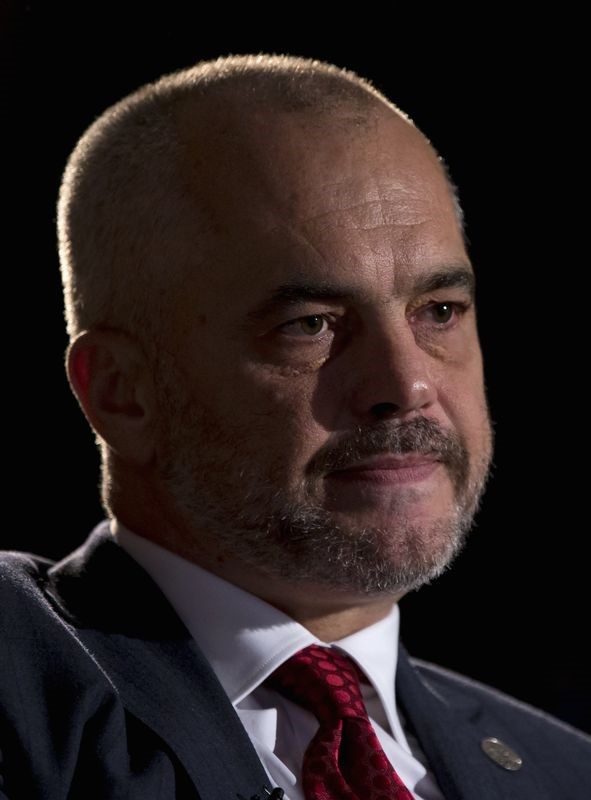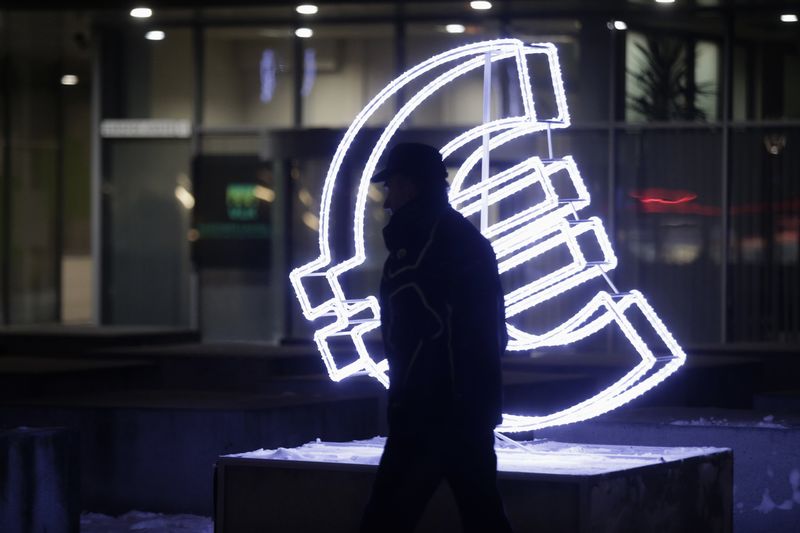By Philip Blenkinsop and Balazs Koranyi
BRUSSELS/FRANKFURT (Reuters) - Euro zone inflation hit a 31-month high in November, data showed on Wednesday, providing modest relief for the European Central Bank ahead of an interest rate decision next week as price growth finally ticks up after years of flirting with deflation.
Consumer prices rose 0.6 percent year-on-year in November from 0.5 percent a month earlier, the Eurostat data showed, in line with analysts' expectations and the highest reading since April 2014.
The ECB has provided unprecedented stimulus for years to revive consumer price growth and its president, Mario Draghi, predicted on Wednesday that inflation would finally rise back to the bank's target of almost 2 percent by 2018 or 2019 after missing it for more than three years.
Market-based inflation expectations
However, most of the acceleration in inflation seen so far is the statistical effect of past oil price drops being knocked out of the base figures. The ECB has also warned that underlying inflation remains weak, raising concerns about the sustainability of the current acceleration.
Indeed the key core inflation measure watched by the ECB that excludes volatile unprocessed food and energy prices stood at just 0.8 percent, up from 0.7 percent in October, after flatlining much of this year.
"There are no signs of the underlying price momentum picking up in the eurozone," Commerzbank (DE:CBKG) said. "Today’s data strengthen our expectation that the ECB will extend the bond-buying program by six months to September 2017 at its meeting next week."
"The ECB is likely to revise its projection for the core inflation rate downwards once again," it added.
The ECB will decide next Thursday whether to continue its 1.74 trillion euro bond-buying program beyond its scheduled end next March and markets have fully priced in an extension of the scheme.
"All in all, risks to our projected headline inflation outlook remain balanced. Energy prices momentum may return but we think that core prices remain surrounded by downside risks," Barclays (LON:BARC) said in a note to clients.
Energy prices were 1.1 percent lower in November than a year earlier and services recorded the biggest price growth at 1.1 percent.

Eurostat's flash estimate for the month does not include a monthly calculation.
